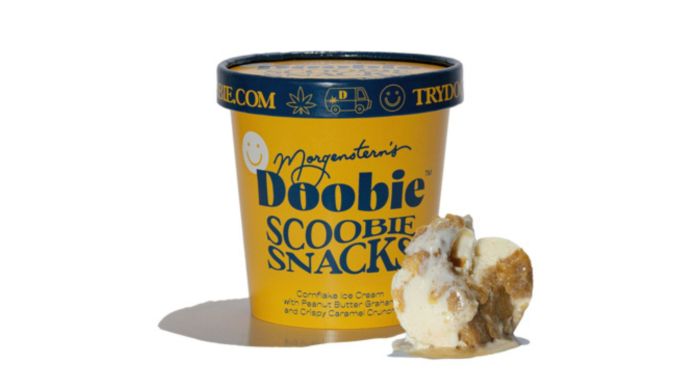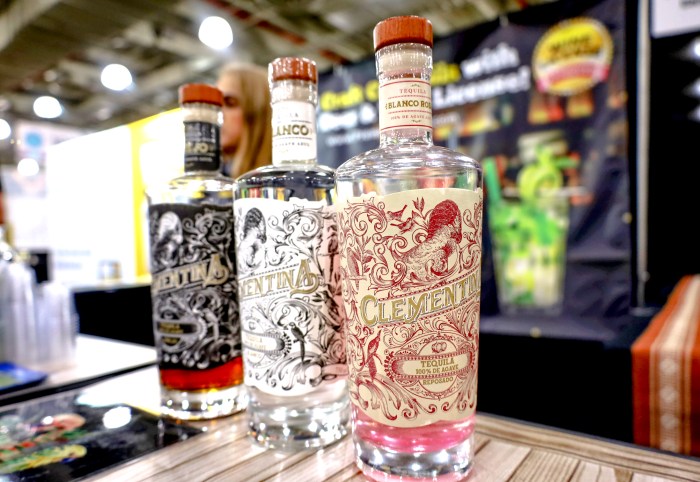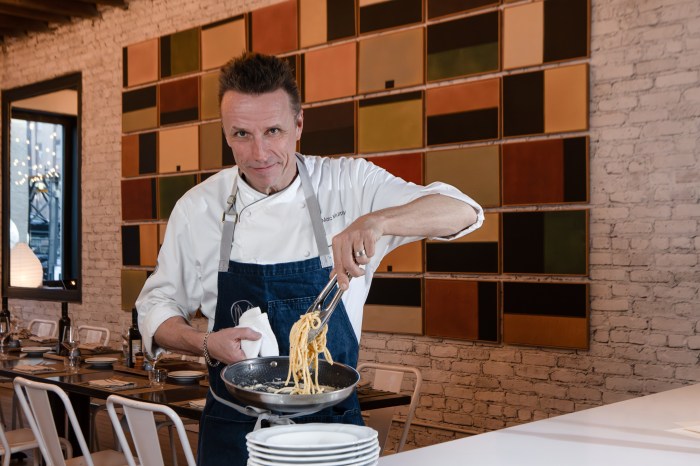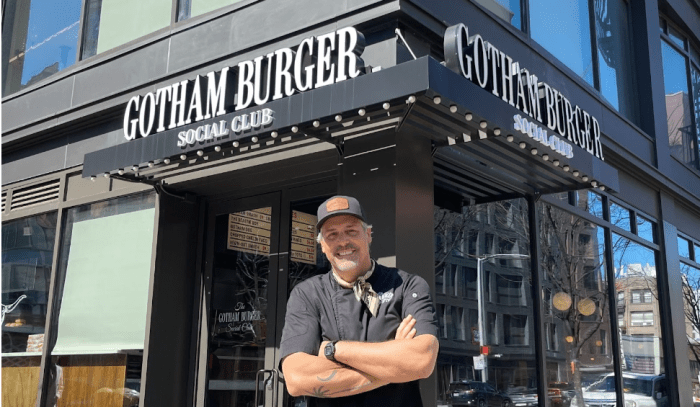Fermented foods may sound exotic, but you’ve eaten them many times before. Fungal cultures and beneficial bacterias are present in everyday foods from beer to pickles to miso to yogurt. But Momofuku, the dining empire based in New York City, is taking fermentation to new levels.
About two years ago, Momofuku began experimenting with fermentation in their downtown culinary lab. The goal? To understand the science that makes their food possible, and to push boundaries.
“When you see soy sauce, vinegar, kimchi, these are staples of cooking that no one questions,” said Dan Felder, head of Research and Development at Momofuku. “We want to look at what we use everyday? And connect with the origin point of culinary staples.”
At Momofuku, those staples are kimchi, miso, vinegar and other ingredients or dishes common in Asian cuisine. Felder and two other chefs are currently working on creating new variations of miso. Instead of the traditional soybean, they are experimenting with pistachios, chickpeas and lentils, as well as altering the temperature of a sample and the ratio of ingredients.
While the culinary lab “allows for innovation and making new flavors,” Felder said the goal is not to rush new items onto menus, but rather to fully appreciate the scientific basis for how they are created. To that end, Momofuku is collaborating with Harvard University microbiologist Rachel Dutton.
Momofuku founder and chef David Chang said in a recent presentation about food and science at Harvard that microbial manipulations are “the future of food.”
“Mold is something I never thought would be flavorful,” he said.
Even though there aren’t new menu items to speak of just yet, there’s a good chance if you’ve dined at one of the five Momofuku restaurants in NYC in the past couple of years, you’ve tasted something that was born in the lab.
“Everyone in the lab spends time in the restaurants,” said Felder.

















